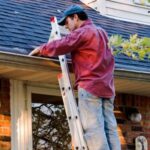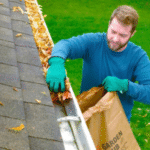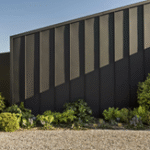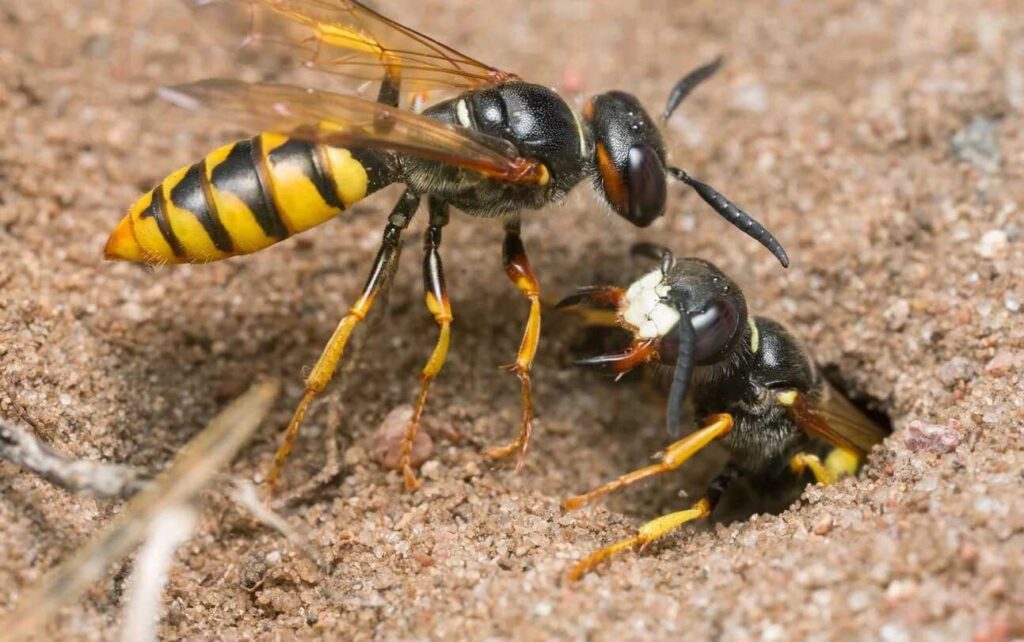Wasps may seem like a minor nuisance at first glance, but in Melbourne, they can become a serious hazard to health, safety, and even property value if left unchecked. With warm seasons stretching longer and urban gardens becoming more popular, wasp sightings are on the rise. This is why many property owners now rely on wasp control Melbourne experts to keep their homes, workplaces, and outdoor areas safe.
Unlike bees, wasps are known to be far more aggressive when threatened. Their sting isn’t just painful—it can be dangerous, especially for people with allergies or young children. So, what makes wasps such a threat, and why is professional control the smartest option?
Understanding the Wasp Threat in Melbourne
Melbourne is home to several species of wasps, but the most problematic is the European wasp. Originally introduced to Australia, these wasps have spread rapidly thanks to ideal breeding conditions in gardens, sheds, wall cavities, and under eaves.
Unlike native wasps that are generally solitary and non-aggressive, European wasps are social and build large colonies, sometimes housing thousands of insects. They’re drawn to sugary foods, meats, and drinks—making outdoor BBQs, bins, and compost heaps prime attractions.
What makes them particularly concerning is their ability to sting multiple times, unlike bees. And when one wasp stings, it releases a pheromone that signals the rest of the colony to attack.
DIY vs Professional Wasp Control – What’s the Difference?
It’s tempting to try and eliminate a wasp nest on your own, especially when it seems small or inactive. But DIY methods often carry significant risks:
-
Increased aggression: Agitating a nest can provoke a swarm of defensive wasps.
-
Hidden nests: Wasps often nest in hard-to-reach places like wall voids or underground, making them difficult to fully remove without proper tools.
-
Repopulation: Killing visible wasps won’t eliminate the queen or colony, and the nest can rebuild within weeks.
On the other hand, professional pest technicians use safe, targeted methods to remove wasps entirely, including the nest and queen. They also identify conducive conditions that may attract wasps to your property and recommend ways to prevent future infestations.
Common Signs of a Wasp Infestation
Spotting one or two wasps isn’t unusual, especially during summer. But consistent sightings could indicate a nest nearby. Signs include:
-
Wasps flying in and out of a small hole in a wall, roof, or ground
-
Buzzing sounds in the walls or ceiling
-
Increased wasp activity around food, bins, or pet bowls
-
Discovery of a papery, greyish nest under eaves, decks, or garden furniture
If you spot any of these signs, it’s time to act. Don’t wait for someone to get stung.
Why Wasp Infestations Are Worse Than You Think
Beyond the obvious health risks, wasps can cause unexpected damage to your property. Some species chew through timber, insulation, or plasterboard while building their nests. In a worst-case scenario, nests inside walls or ceilings can lead to sagging plaster, foul odours, or even collapse.
From a business perspective, wasp activity can be a serious liability—especially for cafés, outdoor venues, childcare centres, or aged care homes. An untreated wasp problem could affect your reputation, scare off customers, or lead to legal complaints if someone is injured on site.
The Benefits of Professional Wasp Control Services
Calling in the pros doesn’t just make sense—it keeps everyone safer. Here’s what a qualified wasp control service in Melbourne typically provides:
-
Correct identification of the wasp species
-
Location of the nest, even if it’s hidden or underground
-
Use of industry-approved treatments that target the colony while keeping pets and humans safe
-
Protective gear and expertise to avoid stings during removal
-
Advice on prevention, including sealing entry points and managing attractants
Many services also offer follow-up visits to ensure nests don’t reappear and can provide year-round pest management if needed.
Seasonal Timing: When Are Wasps Most Active in Melbourne?
Wasp activity in Melbourne generally spikes between late spring and early autumn, as warmer temperatures support breeding. Queens emerge in spring to establish new colonies, and by summer, those colonies can grow rapidly.
By late summer, wasps become more aggressive as their natural food sources decline. This is the time when they’re most likely to come into contact with people—raiding bins, buzzing around barbecues, and nesting closer to human activity.
That’s why preventative treatments or early intervention during spring can make a huge difference and avoid an emergency situation later on.
How to Prevent Wasp Infestations on Your Property
While professional services are the best defence, here are a few preventive tips every home or business owner should follow:
-
Cover bins tightly and keep compost well-sealed
-
Avoid leaving pet food or sugary drinks outside
-
Inspect your property regularly for early signs of nesting
-
Seal cracks and gaps in walls, roofing, and around windows
-
Trim back overhanging branches and remove fallen fruit from gardens
If you’ve previously had a nest, there’s a chance wasps could return to the same area. Regular monitoring and professional pest checks are key to long-term control.
Final Thoughts
Wasps in Melbourne are more than just annoying pests—they’re a serious safety concern that requires prompt and professional action. Whether you’re a homeowner, café owner, or property manager, tackling an infestation without the right knowledge can be dangerous.
With expert support from trusted wasp control Melbourne professionals, you’ll get fast, effective, and long-lasting protection against wasps. Don’t wait until someone gets stung—act early, and reclaim your space with confidence.
- Safe and Reliable Wasp Control in Melbourne
- Protect your home or business from dangerous wasp infestations. Discover expert wasp control in Melbourne with safe removal and long-lasting prevention.
- WASP Control Melbourne
Related posts:
 Tips for Selecting the Best Kitchen Remodeling Services For Your Home
Tips for Selecting the Best Kitchen Remodeling Services For Your Home
 Comprehensive Overview of Gutter Cleaning Warrandyte – Safeguarding Your Home from Water Damage
Comprehensive Overview of Gutter Cleaning Warrandyte – Safeguarding Your Home from Water Damage
 The Best Construction Company Christchurch To Manage Your Project
The Best Construction Company Christchurch To Manage Your Project
 Gutter Cleaning Mannerim – Essential Service for Property Protection
Gutter Cleaning Mannerim – Essential Service for Property Protection
 Gutter Cleaning Nunawading: Safeguard Your Home with Professional Maintenance
Gutter Cleaning Nunawading: Safeguard Your Home with Professional Maintenance
 Gutter Cleaning Kilsyth South – Reliable Maintenance for a Safer Home
Gutter Cleaning Kilsyth South – Reliable Maintenance for a Safer Home
 Questions to Ask Your Architect and Contractor Before the Work
Questions to Ask Your Architect and Contractor Before the Work
 How Cladding Can Improve the Thermal Efficiency of Bournemouth Homes
How Cladding Can Improve the Thermal Efficiency of Bournemouth Homes








